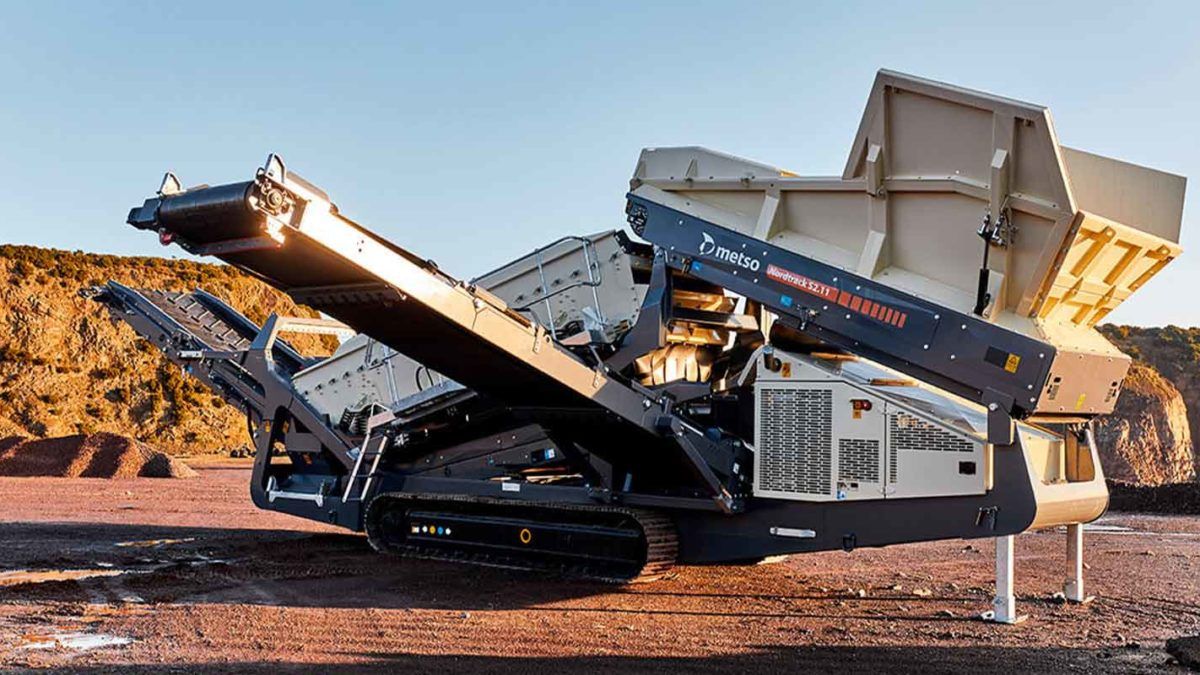In the realm of industrial operations, rock crushers play a pivotal role in breaking down large rocks into smaller, more manageable sizes. The choice of a rock crusher significantly affects project outcomes, making it essential to select a machine that caters to specific material and operational requirements.
The Role of Rock Crushers
A rock crusher is engineered to reduce large rocks into smaller pieces, such as gravel or rock dust. These machines vary in their design and are tailored for different applications and material types.
Critical Considerations for Rock Crusher Selection
Evaluating Project Specifics
- Material Type: The nature of the material – its hardness and abrasiveness – is critical in selecting the right crusher. Jaw crushers, for instance, are suitable for harder materials.
- Output Requirements: The desired size of the output influences how to choose a rock crusher. Fine output requirements might favor cone crushers, which offer more precision.
- Capacity Needs: The volume of material and processing speed required should guide the crusher’s size and power.
Diverse Types of Rock Crushers
Jaw Crushers
- Optimal for: Primary crushing of tough and sizeable rocks.
- Functionality: Uses compressive force with a stationary and a moving jaw.
Cone Crushers
- Optimal for: Secondary or tertiary stages, especially for hard materials.
- Functionality: Utilizes a spinning spindle and a tapered crushing area for finer materials.
Impact Crushers
- Optimal for: Softer materials and finer crushing goals.
- Functionality: Deploys high-speed impacts for breaking materials.
Operational Considerations
Efficiency and Energy Use
- Energy-Saving Models: Choose crushers that offer energy efficiency to cut down on operational costs.
- Power Requirements: The power availability at your site should determine whether a diesel, electric, or hybrid model is suitable.
Maintenance and Durability
- Ease of Upkeep: Select models known for straightforward maintenance.
- Robustness: A crusher’s build quality is key to its longevity and consistent performance.
Financial Factors
Cost Analysis
- Initial Investment: Balancing quality with budget is key. A higher initial investment can be cost-effective in the long run.
- Running Costs: Consider the ongoing expenses such as maintenance, repairs, and energy consumption.
Advanced Selection Criteria
Cutting-Edge Features
- Modern crushers now feature automation and remote control for enhanced efficiency and safety.
Environmental Considerations
- Look for models that reduce environmental impact, like those minimizing dust and noise pollution.
Safety Protocols
- Prioritize crushers with comprehensive safety features, including emergency stops and protective systems.
Conclusion: Strategic Crusher Selection
To conclude, the process of how to choose a rock crusher involves an in-depth understanding of material properties, output goals, operational requirements, budget constraints, and technological advancements. A well-informed selection can significantly contribute to the efficiency, cost-effectiveness, and success of your industrial operations.
Related posts
Categories
Recent Posts
Advertisement


